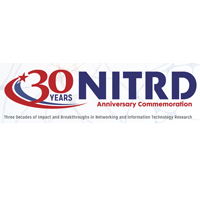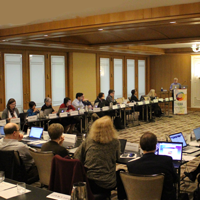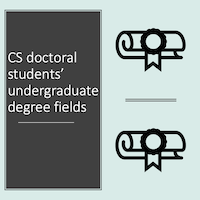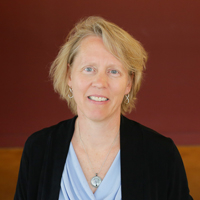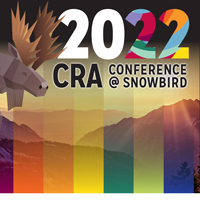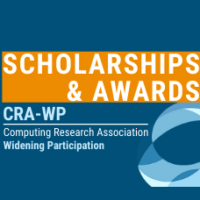
Expanding the Pipeline: Design to Disrupt – Making Space for Every Student in CS
In 2011, my team of six instructors led a yearlong CS course for 120 Black/Latinx middle-school students in Washington, DC. After first-day introductions, we asked them to name a computer scientist. Despite six Black men/women in front of them, we heard only three names: Bill Gates, Steve Jobs, and Mark Zuckerberg. It was then that I realized if they didn’t see us as computer scientists, then how would they ever be able to see themselves as one? We knew we had work to do.
We spent the entire year dismantling the narrative that CS was restricted to White and Asian men and reinforcing how not only were they computer scientists, but also change agents. Students learned much more than what CS was, but also whom it should represent and why these identities mattered.
We were fortunate to have a team that didn’t fit the “traditional” narrative leading that effort. However, this won’t always be the case. As we continue to make strides in CS education, the following strategies can help to ensure that the who and why are prioritized, regardless of the student or instructor.


